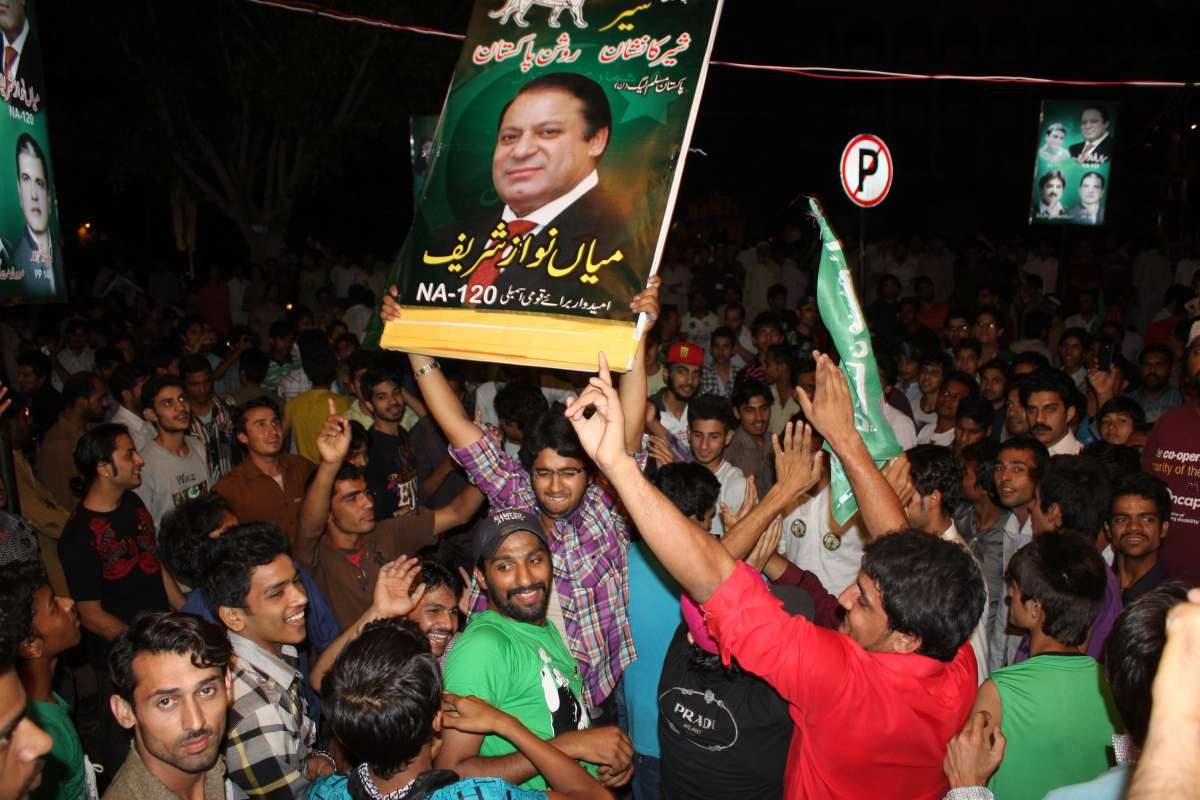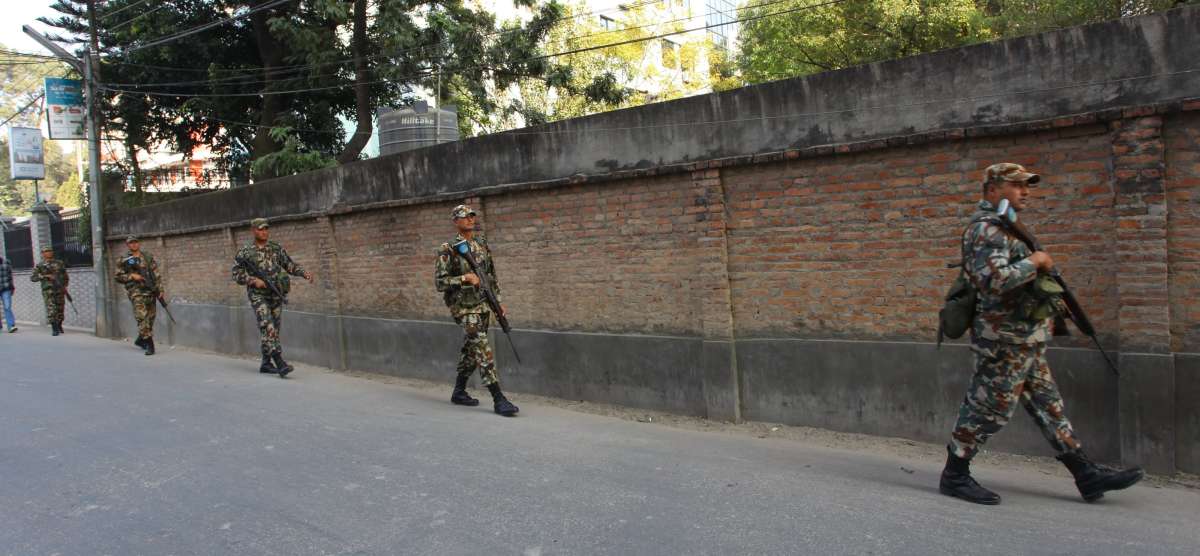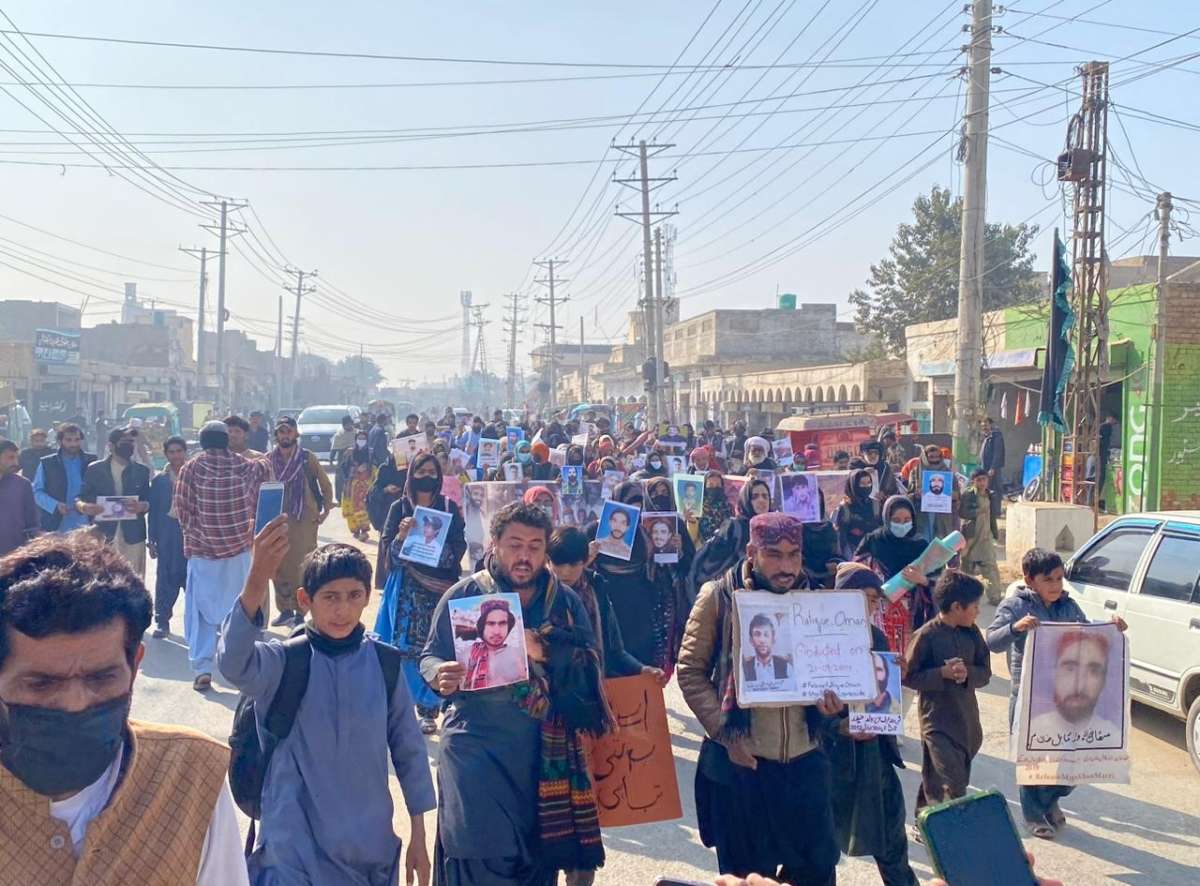A coalition government is expected to come out of the ballot boxes in February, requiring political compromises and the resultant economic ones. The global lenders’ worries may remain largely unaddressed … a special column by Dr Sakariya Kareem
Pakistan is facing a Catch-22 situation as it prepares for the nationwide elections next February. It badly needs money, but the global lenders who are wary are dictating stiff terms that the county’s political class is loath to accept. The situation is worse as both sides know that the elections sought by the people guarantee no economic panacea, or even a political one unless the polls’ outcome is one of a stable government that the country’s all-powerful army accepts. Having tried various persons and options, the military seems clueless on whether its gambit, which failed many times in the past, will work this time over.
As for the lenders – the World Bank, the International Monetary Fund and the Asian Development Bank — their script is starker and bolder. Not to be left out are allies China and the Gulf nations. They share similar anxieties but in private, muted tones. Pakistan must reform its economy or perish, they have said.
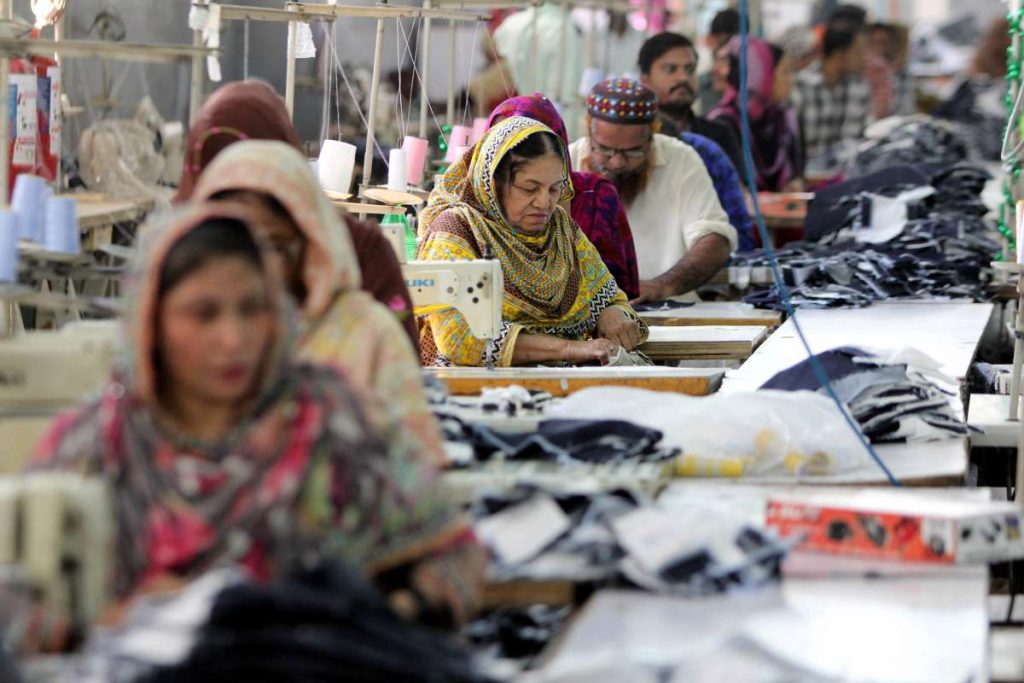
Ironically, all lenders worry about the safety of their money in the hands of an ever-volatile and inept political class. That the Army is doing all the driving back-seat only complicates matters. It is hardly a consolation for those who find the whole economic system wanting and in which, the army is a player and also part of the problem.
Significantly, the army, the elephant in the room, is hardly mentioned. The Army Chief, General Aseem Munir visited the United States, the principal benefactor, and tried to drum up support. It must listen to the general. But Washington, for whom Islamabad remains crucial to its presence in the region, seems clueless as to whom to back.
The beleaguered former Prime Minister Imran Khan chants the anti-American ‘conspiracy’ mantra. Munir and his men must settle with Nawaz Sharif, seen as the current favourite with many of the graft cases against him being rejected by the court. But Nawaz also has a record of being ousted from power thrice for defying the military. His anti-army jibes at public rallies meant to garner popular support have already begun.
So, this is the political “Catch-22” for the army and the US. On the economic front, the polls-bound politicians are already calling names to the lenders in their public discourse, their words couched in anti-Western rhetoric which sells among the masses. But every stakeholder knows that economic reforms that politicians see as the poisonous chalice are a necessity.
The World Bank is explicit. “Stakeholder risks are high due to strong and organised vested interests, potentially advocating to reverse critical reforms, particularly trade tariff reforms, increases to property taxation and energy sector reforms,” it has said in an assessment of its recently approved $350 million loan under second Resilient Institutions for Sustainable Economy (Rise-II).
“Political and governance risks are high because of the upcoming elections, as associated political pressures may erode fiscal restraint or the commitment to continued implementation of challenging reforms,” it said, adding the priorities and commitment to structural reforms of the future government were also unknown.”
The long list of required reforms includes the reduction of protectionist trade policies, elimination of distortive agricultural subsidies, and rationalisation of federal government expenditures over subject areas that are devolved to the provinces.
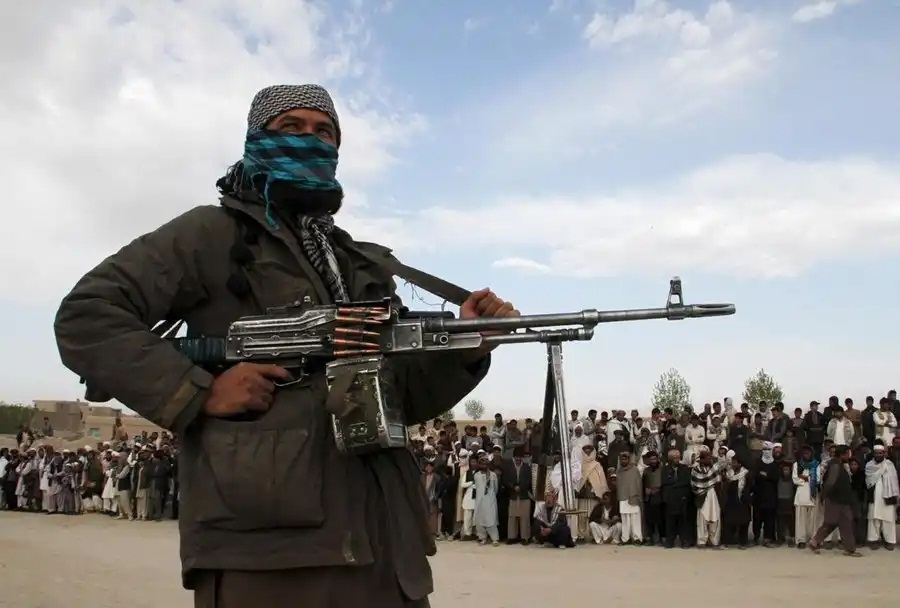
The World Bank noted that while progress against this reform agenda cannot be guaranteed “in the current political context,” ongoing World Bank engagements will “support continued reform in key areas, including GST and property taxation reform under provincial and federal revenue and public finance investment projects, besides energy reforms under investment project support for improved efficiency of distribution companies (Discos) and ongoing analytical support for electricity and gas tariff reforms.”
Amidst the all-round gloom, The IMF will likely release the second tranche of $700m from its $3bn stand-by arrangement (SBA) programme following a meeting of its executive board on January 11. More crucially, Saudi Oil giant Aramco has formally entered Pakistan’s retail oil market by acquiring a 40 per cent stake in Gas & Oil Pakistan Ltd (GO). Overall, Pakistani authorities are hoping for a total investment in the range of $100bn from the Gulf states, including Saudi Arabia and the United Arab Emirates.
But all this does not guarantee an economic recovery, forget a miracle as only a coalition government is expected to come out of the ballot boxes in February, requiring political compromises and the resultant economic ones. The global lenders’ worries may remain largely unaddressed.


